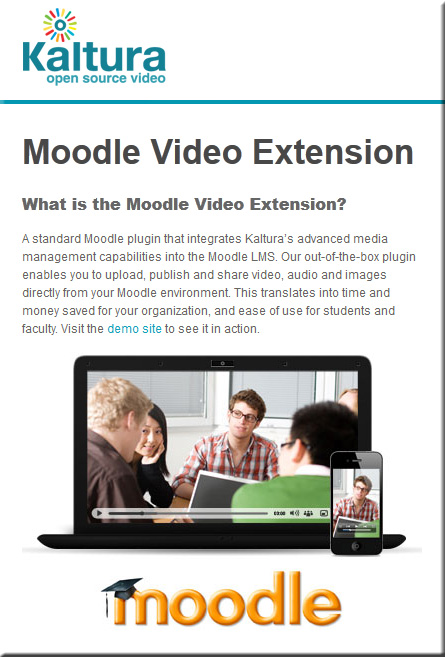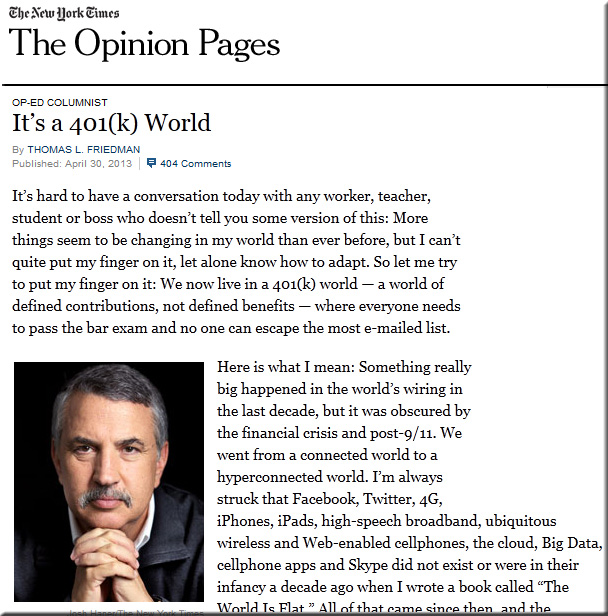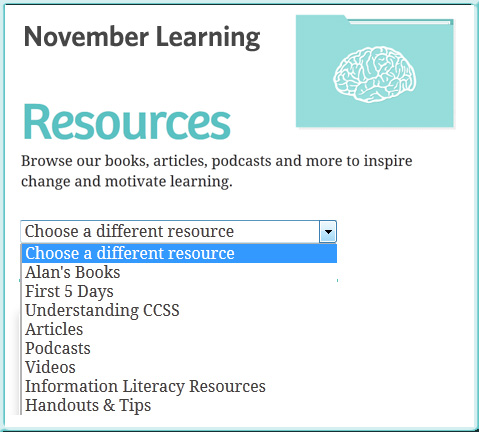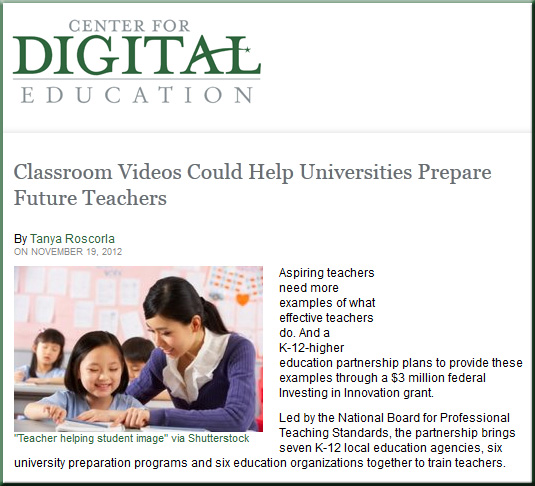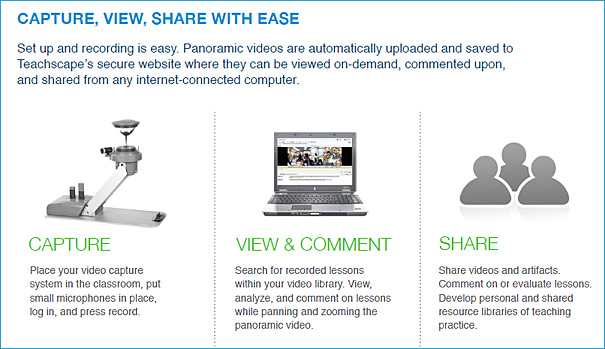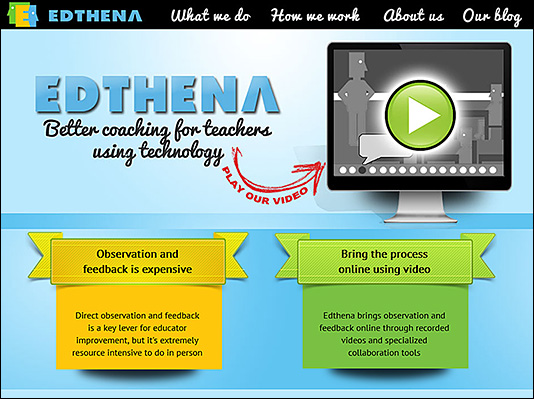Per Jim Bradley (Mathematics, Emeritus) at Calvin College:
Francis Su is a Christian teaching at Harvey Mudd, a secular liberal arts college. He was recently selected to receive the Haimo Award*, one of the mathematics community’s highest teaching honors. Receiving the award entails giving an address at the annual math association meeting, going on now in San Diego. In writing his talk, Francis asked himself, “What does the gospel have to say to this large, mostly secular group of mathematicians?” He answered, “Grace.” Here’s a link to a written copy of his talk. I think it’s quite an inspiring and enjoyable set of reflections on teaching by an obviously great teacher.
http://www.facebook.com/notes/francis-su/the-lesson-of-grace-in-teaching/10151372450043217
(From DSC: Facebook deleted the above original posting by Franic Su — not sure why)
Per Francis’ new blog:
After giving this talk, I had so many requests for the text that I
shared it on Facebook. But Facebook deleted it.
So I created a blog just for this. I hope you find it helpful.
It was the hardest thing I ever had to write:
because it is deeply personal, truly me,
and about my biggest life lesson… given at a
conference in front of hundreds of people who,
I’m sure, struggle with the same things that I do.
The Lesson of Grace in Teaching
From weakness to wholeness, the struggle and the hope
Francis Edward Su
MAA Haimo Teaching Award Lecture
Joint Math Meetings, January 11, 2013
An audio file is available: bit.ly/W4gyD0.
Excerpt:
Knowing my new advisor had grace for me meant that he could give me honest feedback on my dissertation work, even if it was hard to do, without completely destroying my identity. Because, as I was learning, my worthiness does NOT come from my accomplishments. I call this
The Lesson of GRACE:
- Your accomplishments are NOT what make you a worthy human being.
- You learn this lesson when someone shows you GRACE: good things you didn’t earn or deserve, but you’re getting them anyway.
I have to learn this lesson over and over again.
You can have worthiness apart from your performance.
You can have dignity independent of achievements.
Your identity does not have to be rooted in accomplishments.
You can be loved for who you are, not for what you’ve done—somebody just has to show you grace.
From DSC:
Powerful messages…often times, it’s hard for me to get my arms around the lessons/messages that Francis addressed — especially seeing as we live in a world that constantly measures us by our performance, our achievements, and/or our productivity.
* From The Deborah and Franklin Tepper Haimo Award for Distinguished College or University Teaching of Mathematics web page:
In 1991, the Mathematical Association of America instituted Awards for Distinguished College or University Teaching of Mathematics in order to honor college or university teachers who have been widely recognized as extraordinarily successful and whose teaching effectiveness has been shown to have had influence beyond their own institutions. In 1993, the MAA Board of Governors renamed the award to honor Deborah and Franklin Tepper Haimo.
List of Recipients
2013
Matthias Beck, San Francisco State University
Margaret Robinson, Mount Holyoke College
Francis Edward Su, Harvey Mudd College










